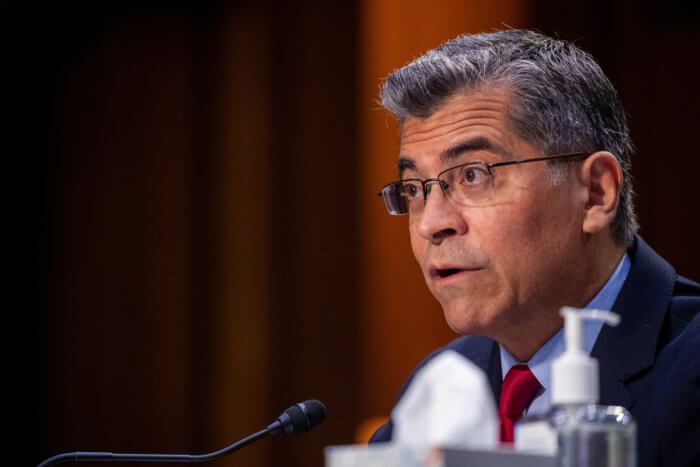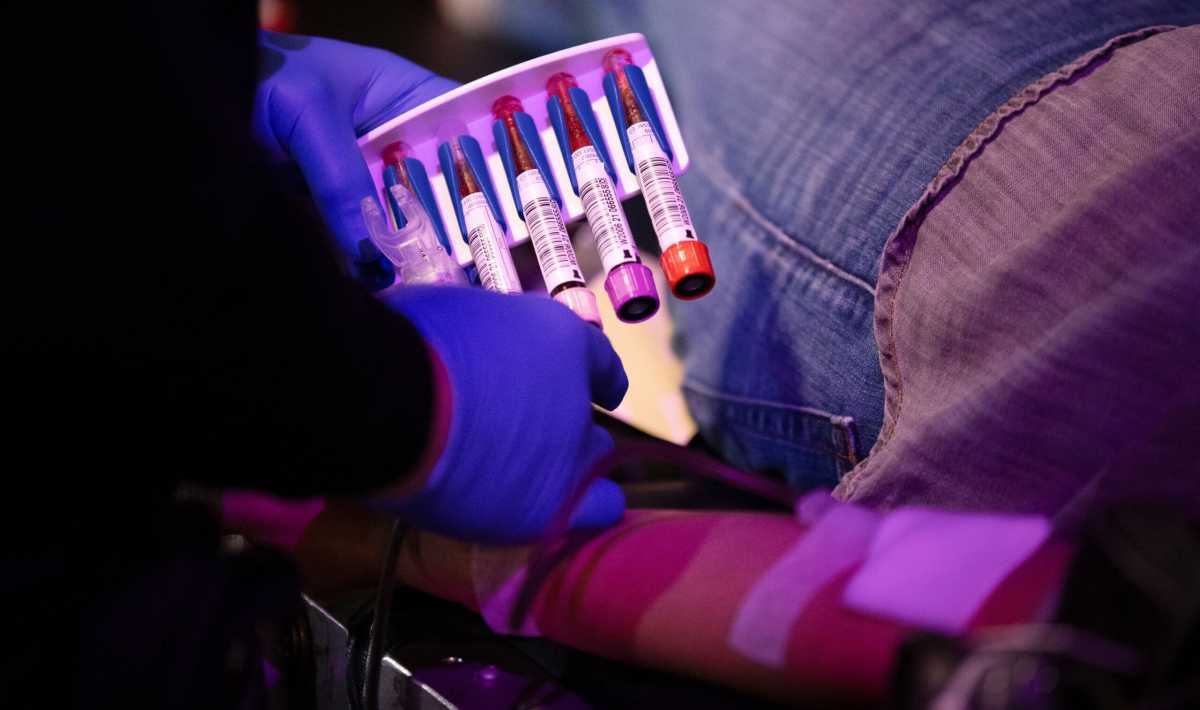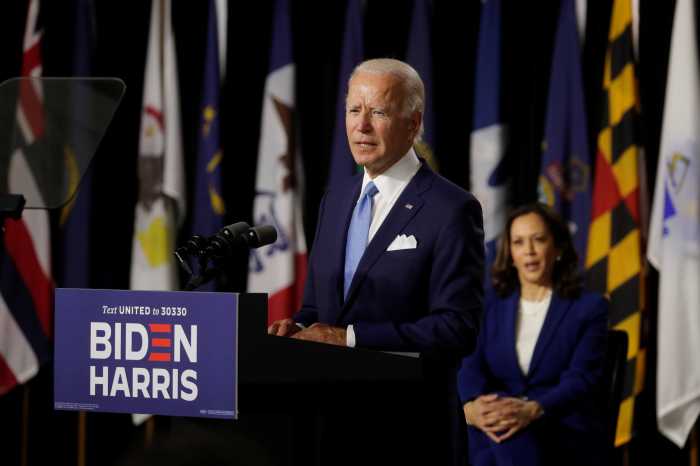Against the backdrop of a nationwide blood shortage, the Biden administration on January 18 voiced support for an ongoing study that could pave the way for changes to the decades-old federal policy banning men who have sex with men from donating blood.
“The legacy of bans on blood donation continues to be painful, especially for LGBTQI+ communities,” a White House official told ABC News. “The president is committed to ensuring that this policy is based on science, not fiction or stigma. While there are no new decisions to announce at the moment, the [Food and Drug Administration] is currently supporting the ‘ADVANCE’ study, a scientific study to develop relevant scientific evidence and inform any potential policy changes.”
The American Red Cross says it is experiencing its worst blood shortage in over a decade, pointing to a 10 percent dip in blood donations since March of 2020 and a 62 percent reduction in college and high school blood drives because of the pandemic.
In 1983, the FDA imposed a lifetime blood donation ban on men who have sex with men due to fears over HIV/AIDS, though that policy has been gradually scaled back in recent years. In 2015, the lifetime ban was changed to include anyone who had sex with men in the last 12 months. In April of 2020, the one-year deferral period was reduced to three months, but that still made no difference for any sexually active queer men.
Months after the latest change to the ban in 2020, the FDA announced that it was funding a pilot study led by three major American blood centers — the American Red Cross, OneBlood, and Vitalant — to explore the possibility of having men who have sex with men fill out a typical donor history questionnaire to qualify as a donor. The American Association of Blood Banks called on the FDA to review the policy back in 1997.
Responding to Gay City News on January 19, an FDA spokesperson acknowledged that scientific advancements have made it easier to screen the blood supply for infectious diseases, but conceded that “developing the scientific information that is needed to further change blood donor policies does take time and effort.”
“The FDA has made forward progress in this regard and has been actively engaged in re-examining the issue of blood donor deferral for men who have sex with men (MSM), taking into account the current body of scientific information, and we are considering the possibility of pursuing alternative strategies that maintain blood safety,” the agency noted.
Notably, HHS Secretary Xavier Becerra has a history of pushing back against the ban. In 2020, when he was attorney general of California, Becerra issued a letter to the FDA stating that the decision to gradually reduce the restrictions was insufficient.
“During this pandemic, it is important to continue to evaluate and modernize blood donation guidance to be inclusive of LGBTQ Americans,” Becerra said at the time.

There have been questions over the years regarding how the policy applies to transgender individuals. The FDA recommends that people self-identify their gender on donor history questionnaire — but the agency appears to exclude non-binary individuals by saying people should list a “male or female gender.” The Red Cross’ website states that it will “no longer ask donors to answer both male and female questions when attempting to donate” and noted that there “is no deferral associated with being transgender.” Rather, eligibility “will be based upon the criteria associated with the gender the donor has reported.”
What is clear is that the policy targets men who have sex with men. The pressure is on to end the policy — including from congressmembers who have penned numerous letters to federal officials calling for changes to the policy. Members of the House Oversight Committee wrote a letter on January 13 to the FDA asking for “immediate action,” while out lesbian Senator Tammy Baldwin of Wisconsin and a coalition of US senators echoed those points in a separate letter to the Department of Health and Human Services and the FDA, which is an agency within HHS.
“In light of the nation’s urgent blood supply crisis and to ensure that Americans have access to life-saving blood transfusions during the pandemic, we urge you to swiftly update your current blood donor deferral policies in favor of ones that are grounded in science, based on individualized risk factors, and allow all potentially eligible donors to do so free of stigma,” the letter noted. “We also request a briefing in the next 30 days on the agency’s plan to update its MSM blood donation policies.”
While researchers originally said the ADVANCE study was expected to be completed at the end of 2021, the ADVANCE website now states that the results are expected in the middle of this year. Once it is finished, the findings will be sent to the FDA and additional research will commence.
“If the pilot study shows promising results, one likely next step would be a larger study to assess if the ADVANCE Study questions related to behaviors work the same way in gay and bisexual men interested in blood donation in other parts of the country,” the ADVANCE website notes.
While the fight continues in the United States, several other nations are moving to roll back their own policies banning men who have sex with men from donating blood. France will be ending the ban on March 16, while Greece also nixed the same restrictions on January 10.



































